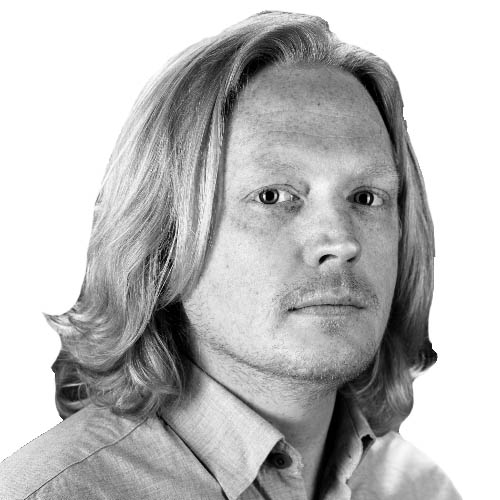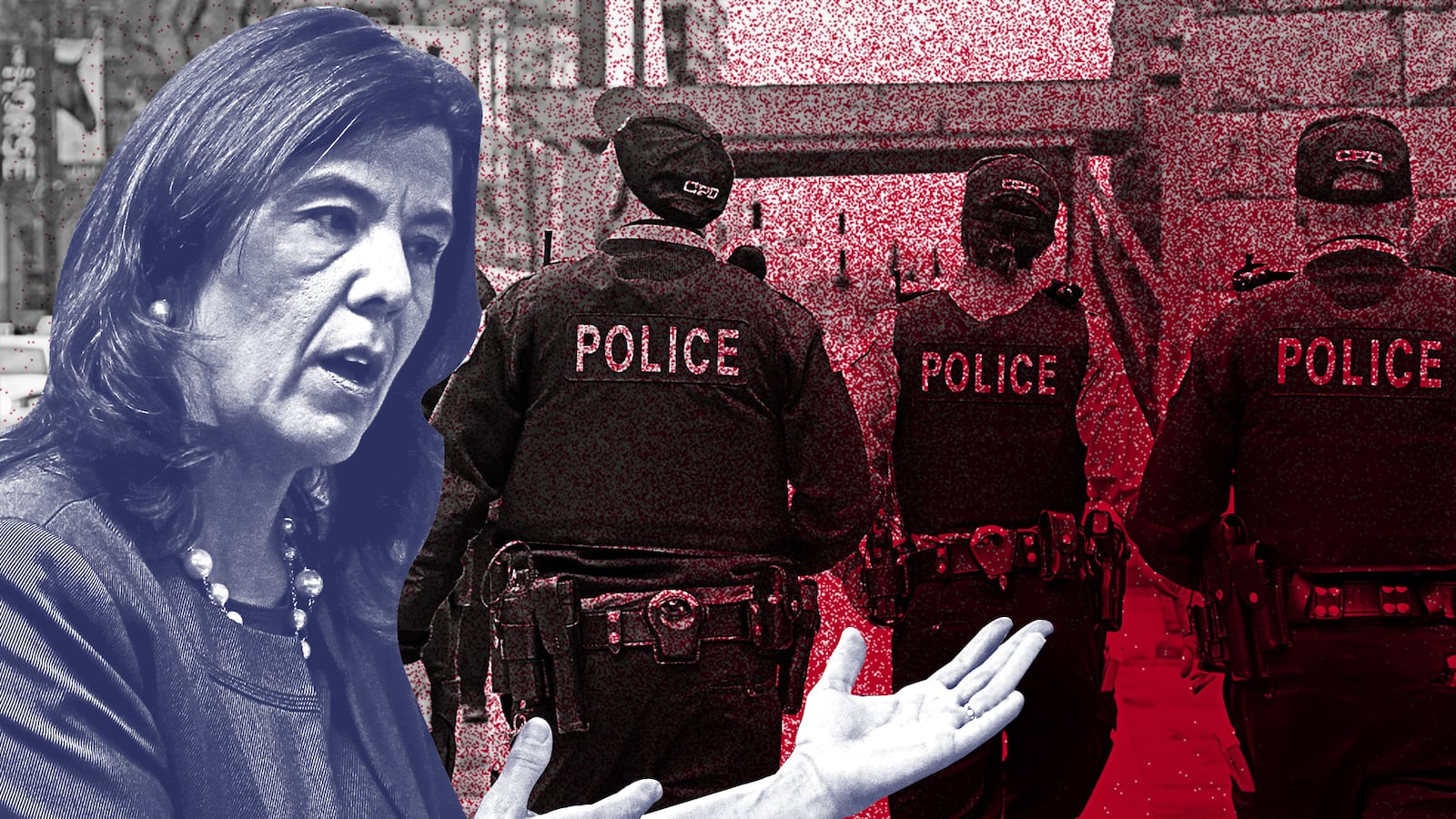CHICAGO — Cook County State’s Attorney Anita Alvarez has declined to file charges against Chicago police officers involved in the fatal shootings of at least 68 people in the last seven years and there is no documentation to explain these decisions, a Daily Beast review of public records has found.
Clearing police officers without explanation seems almost scandalous today, but in the era before Black Lives Matter, it was the norm. Even the press did not routinely report on the number of police-involved shootings, let alone the specifics of each. Even after the outrage of how Chicago deliberately hid the dashcam video showing Laquan McDonald’s death, Alvarez’s office largely escaped scrutiny about how it investigates officer-involved shootings; the focus instead has been mostly on Mayor Rahm Emanuel’s office, the Chicago Police Department, and Independent Police Review Authority, none of whom can criminally charge officers.
Daniel Kirk and Sally Daly of the Cook County State’s Attorney’s Office explained that other than a few internal memos, there is no documentation of the decisions to decline charges against the officers involved in those 68 shootings that have occurred during Alvarez’s tenure. Both also explained that greater transparency is coming, however.
With Alvarez facing a tight race in the March 15 Democratic primary, her office is going public with such promises for more transparency, and proclaiming in political ads its history of prosecuting cops.
“I can tell you one of the things [Alvarez] has talked about doing is that we need to make more information available to the public,” said Daly, spokeswoman for the state’s attorney. “That’s one of the things that she’s acknowledged that we need to do. Eventually we will be posting on our website the final report that gives the basis for declination of charges.”
In defense of Alvarez, Daly and Kirk pointed to the nearly 100 officers from Cook County who have been charged by the state’s attorney’s office in cases ranging from official misconduct, to perjury, to battery and improper use of a firearm. Of those cases, 36 are Chicago police officers, Daly said.
With 68 fatal police shootings in the past seven years, Chicago is not an extraordinary example, according to Daly. To compare, Daly provided statistics that show law enforcement agencies in Metro Atlanta—population 5.4 million, roughly double Chicago’s 2.7 million—have fatally shot 75 people since 2010 with no charges filed against those officers. Philadelphia did not charge any officers in fatal shootings between 2007 and 2013, Daly added.
Alvarez charged officer Jason Van Dyke with murder for McDonald’s death, but the controversy surrounding the shooting forced Chicago’s top prosecutor to recognize that in-depth explanations of police shootings may now be a requirement of the job. Three weeks after making Van Dyke the first Chicago cop to ever be charged with murder in an on-duty shooting, Alvarez made history again by explaining for the first time publicly why she would not charge a Chicago police officer for killing someone.
On Dec. 4, Alvarez explained at a nationally televised press conference that the death of Ronald Johnson at the hands of police was justified and there was no evidence to bring about charges. In fact, she provided reams of evidence—dashcam video, 911 calls, and witness statements—to back up her decision.
This level of transparency may be the new norm for prosecutors in Chicago dealing with controversial police shootings. The treatment Johnson received was different from that of the nearly 70 men and women shot and killed by the Chicago police during Alvarez’s tenure. None of them prompted a press conference explaining why no charges would be filed against the officers involved in those cases.
Furthermore, none of those cases even prompted Alvarez to release documents—or, apparently, craft them at all—laying out why charges were declined.
The pressure following the release of the McDonald video is the same that was heaped upon officials in Ferguson after the death of Michael Brown, Cleveland after Tamir Rice, and countless other cities across the country now dealing with an information cycle that operates at a much higher speed than the criminal justice system, said Kirk, an assistant state’s attorney.
Unlike the Independent Police Review Authority, which publishes reports on its website explaining why the agency determines whether or not an officer should be punished following a shooting, there is no such public paper trail from Alvarez’s office.
Legal conferences, like the one Kirk attended in mid-February in Denver, are being held to address the questions police and prosecutors are now tangling with, he said. When should police release video of a death tied to law enforcement? How much information should prosecutors—who may be considering criminal charges against an officer—be released?
“We’re not ashamed of our reasoning” in police shootings in which officers are not charged, Kirk said. “But what good does it do if no one can see it?”
Many in communities of color—often those that have more interactions with police—are recording cops and documenting police shootings with more regularity, adding to the spread of information beyond the control of police, prosecutors, and local governments. With media outlets now recording every arrest-related death, marking perhaps the most complete accounting of homicides related to law enforcement the country has ever known, scrutiny of those deaths is now easy to come by.
Alvarez is learning transparency should be, too.





